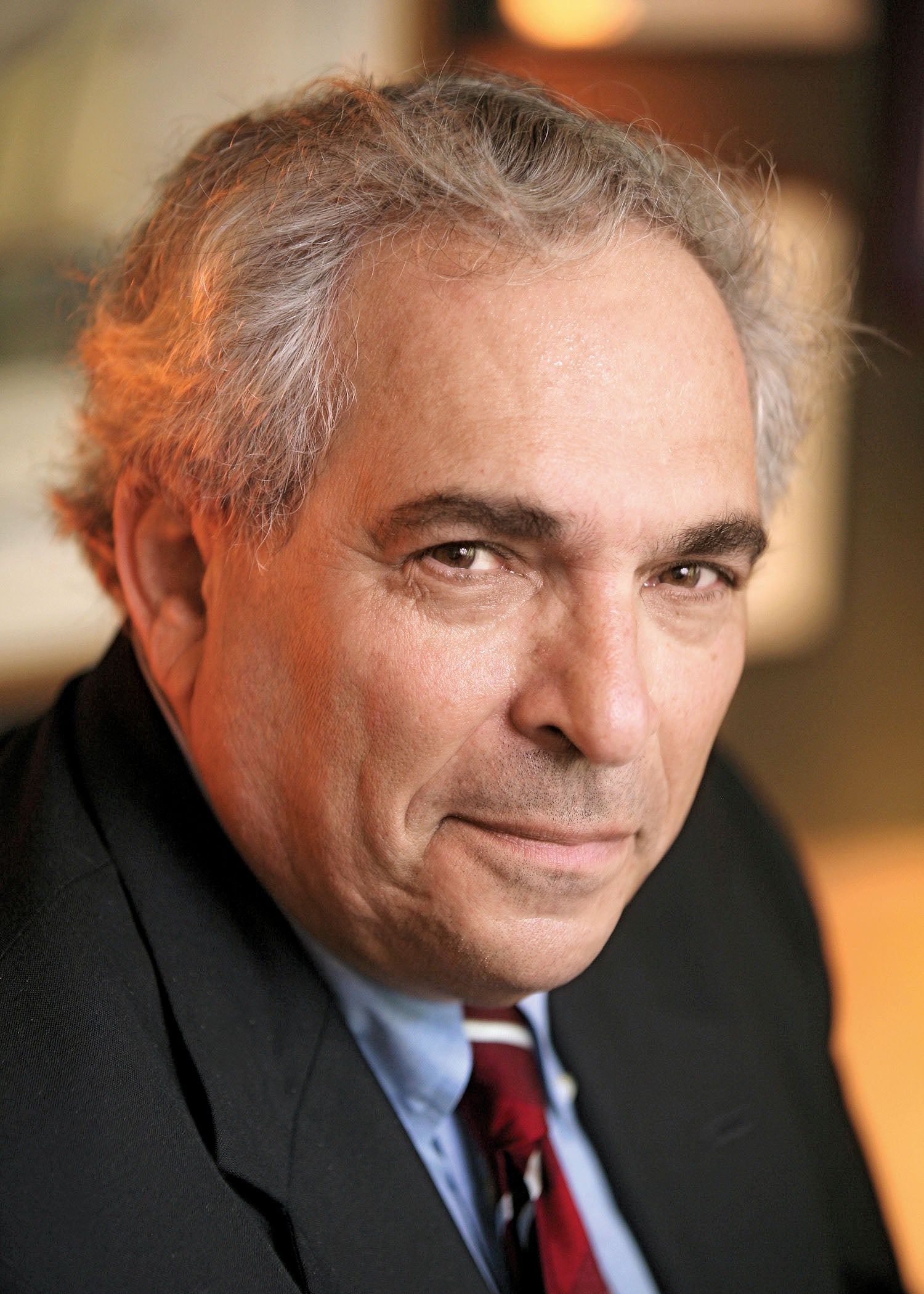Harvard Law School Professor Hal S. Scott, Director of the Committee on Capital Markets Regulation, testified before the House Agriculture Committee’s Subcommittee on General Farm Commodities and Risk Management on Wednesday, April 13, 2011 at 10am. Scott warned that the Commodity Futures Trading Commission and the Securities and Exchange Commission need to make major changes in coordinating the development of new rules required under the Dodd-Frank Wall Street Reform and Consumer Protection Act. The rules will be aimed at better regulating the derivatives market.
Scott’s belief is that the CFTC should develop a plan and invite public comment on that plan before the proposed rules are finalized. In addition, Scott urges the CTFC to seek the approval of the Federal Reserve to make sure the new rules adequately prevent systemic risk.
Scott is concerned that both the SEC and CFTC have failed to fully analyze the costs and benefits of the proposed rules, or to appropriately coordinate with each other and with foreign regulators, particularly in the European Union.
According to Scott, without a thorough review of the CFTC’s approach to the rulemaking process, including public comment, rigorous cost-benefit analysis of alternative rules and close coordination, “we can expect gaps and inconsistent or contradictory global rules that can hinder U.S. economic recovery and trigger a major migration of derivatives trading from U.S. markets.”
In addition to directing the CCMR, Scott is the Nomura Professor and Director of the Program on International Financial Systems at Harvard Law School, where he has taught since 1975. He is also co-chair of the Council on Global Financial Regulation, which was formed in 2010. Scott’s books include the law school textbook International Finance: Transactions, Policy and Regulation (16th ed., Foundation Press, 2009), and The Global Financial Crisis (Foundation Press, 2009).
